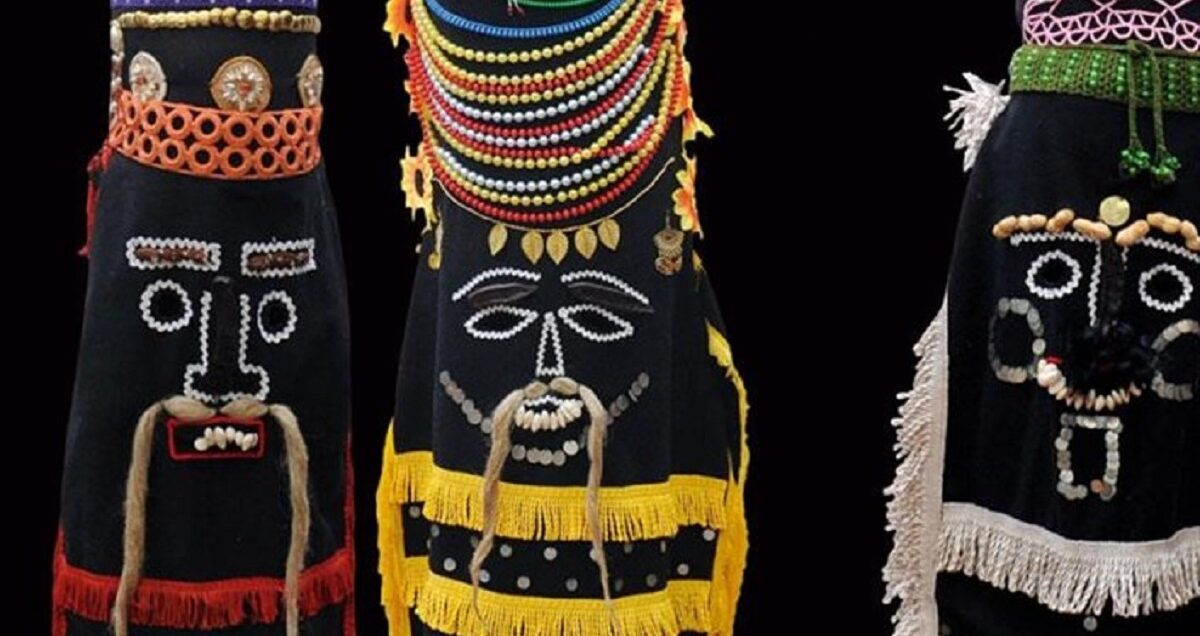
The period of the Triodion lasts three weeks and ends on Sunday of Αpokria (Hallowen). The following day, on Clean Monday, the period of Sarakostis fasting begins. The word “Apokria” itself, which means “abstinence from meat” (apo=from + creo=meat) indicates precisely this period of preparation of the believers for the fasting of Sarakosti. In spite of this Christian semantics, Apokria customs are of pagan origins, in Ancient Greece and in the cult of Dionysus. In March, around the same time as Apokria, were celebrated in ancient Athens the Anthesteria, a celebration of the god and the coming of spring. Dancing, wine drinking, and pranks of all sorts, were the characteristics of the celebration that still survive to this day during the carnival days.
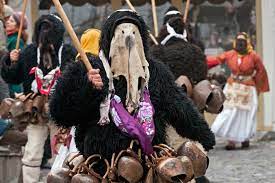
Γέρος, Σκύρος / Geros, Skyros
Mocking songs, satire and revelry are at the heart of all carnival customs, essential features of the spring festival of fertility. In Thebes, on Clean Monday, the Vlachikos Marriage is celebrated. With origins in the shepherds’ feasts, it has not only survived and been embraced by the city, but is now part of its intangible cultural heritage. Another carnival wedding is held in Methoni where a wedding feast with wine and food is set up at “Koutrouli’s Wedding”.
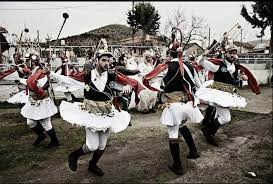
Βλάχικος Γάμος, Θήβα / Vlachikos Gamos, Thebes
In Naoussa the Boules are well-known. An ancient custom that has incorporated local folk customs and elements of history. Exclusively men participate in the boulukia of the carnival event. Dressed in traditional costumes and accompanied by music from the zourna and daouly, they dance around the city’s neighborhoods accompanying the bride – boula.
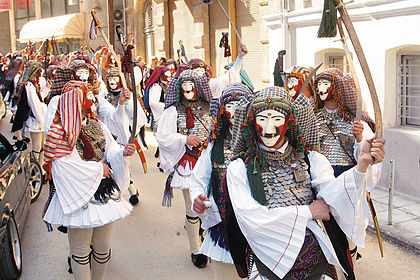
Μπούλες, Νάουσα – Boules, Naousa
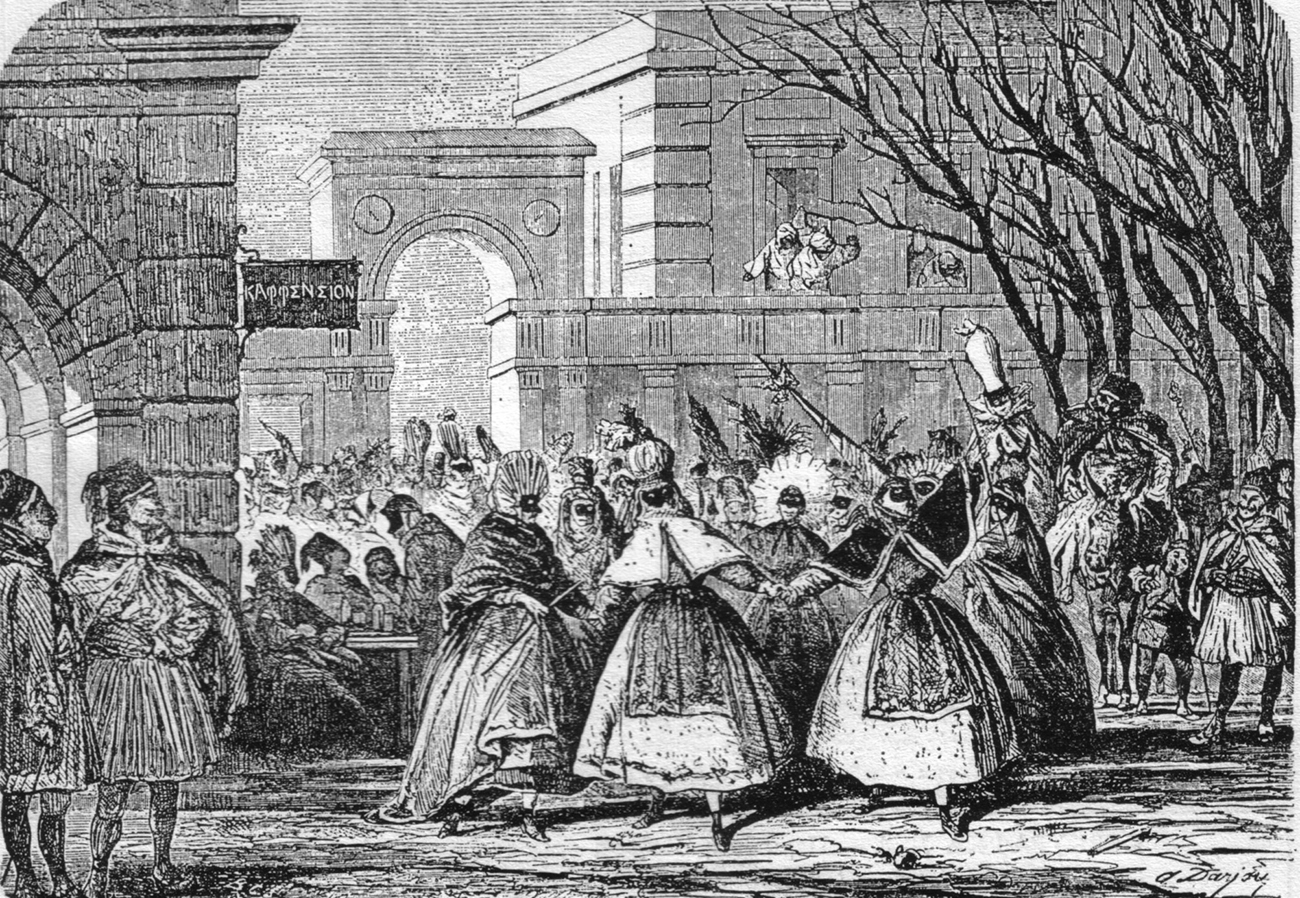
Καρναβάλι στην Κέρκυρα – Corfu Carnival
The famous Patras Carnival also seems to have its roots in the Ionian Islands. The union of the Ionian Islands with Greece in 1864 brought many Ionian residents to Patras, along with the customs of their place. Thus the coexistence of the local dances and Apokria celebrations with the Venetian customs of the Ionian people in the flourishing Patras of the 1870s led to the birth of the Patras Carnival, which early on became part of the city’s identity.
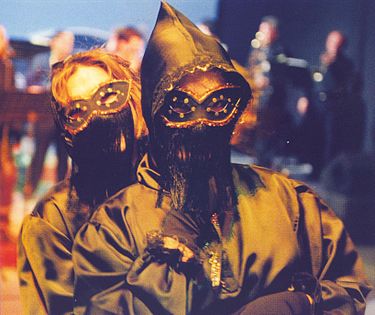
Παρινό Καρναβάλι – Carnival of Patra
Much newer is the Carnival of Xanthi. At its core is the revival of the folklore customs of Thrace in the 1960s in the form of the Thracian Folklore Festivals. The institution was a great success and was immediately embraced by the local community. Nowadays, the Thracian festivals are organized by the Philoprotic Union of Xanthi and, apart from the Carnival, includes a series of other cultural events.
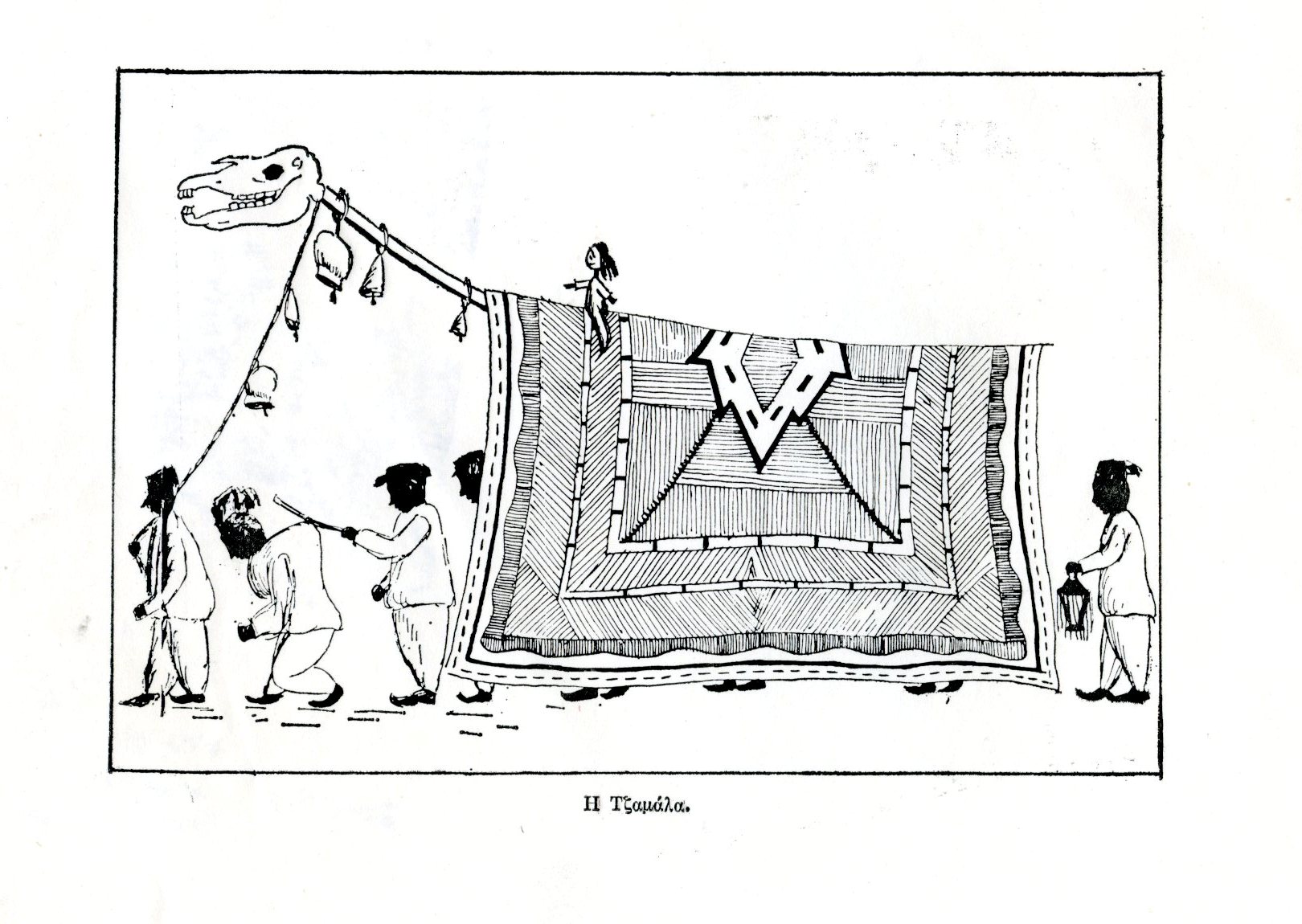
ΤΖΑΜΑΛΑ – Θρακικές Λαογραφικές Γιορτές, Αρχείο ΙΜΕΧ
From Samos and the carnival in Karlovassi to Epirus and the tzamales in Ioannina, and from Crete and the Carnival in Rethymno to Evros, Apokria is celebrated in every region of the country. And although many of the events have now become a tourist attraction, mass participation, fun and good mood remain their main characteristics.


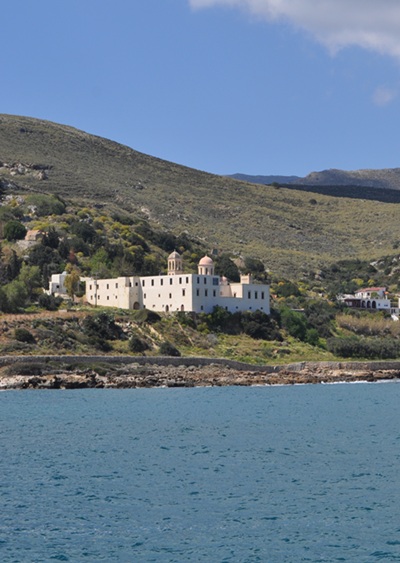
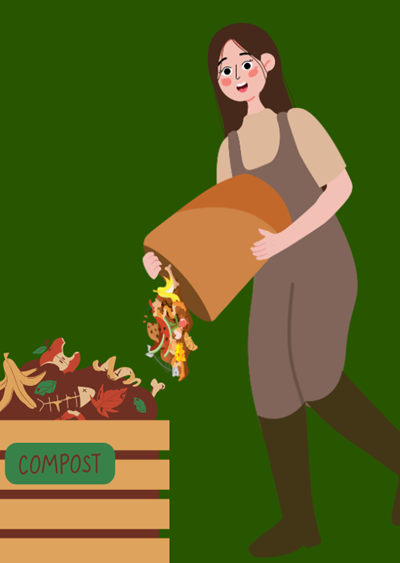
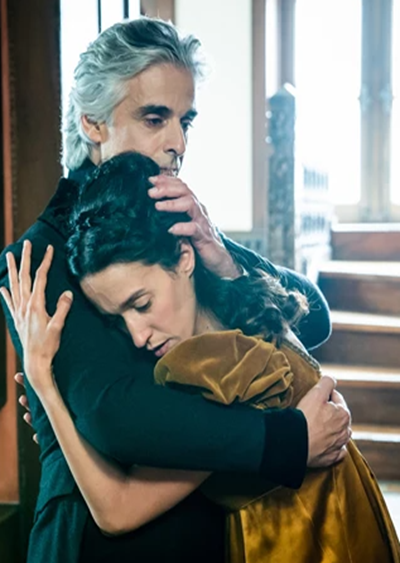


Leave A Comment